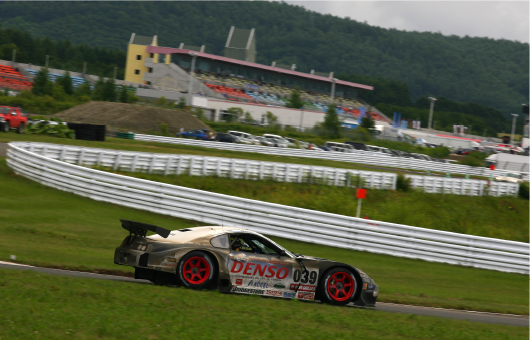ENGINEERINGIgniting a new generation of hybrid power
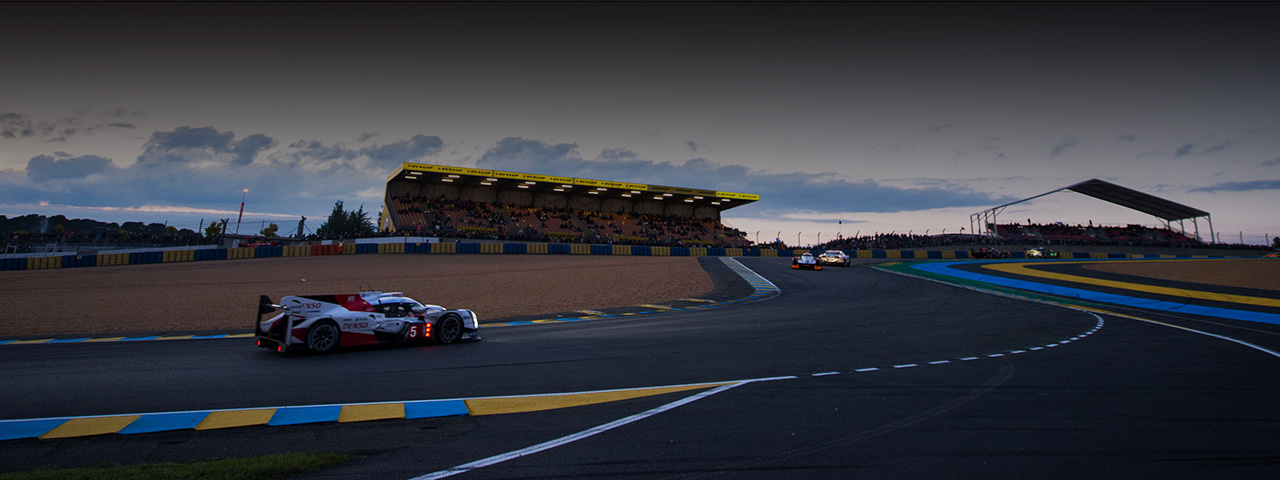
Behind the TOYOTA GAZOO Racing flag is an unparalleled engineering team dedicated to building “ever-better” vehicles. Its latest advancement? The new LMP1 class hybrid system, which will take to the road in all manner of extreme conditions for performance, endurance and sheer speed.
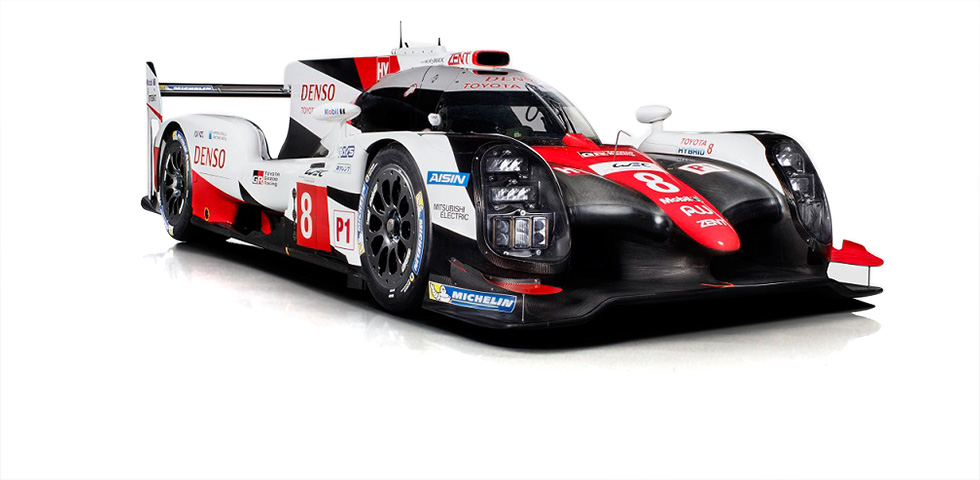
- Prepare to be amazed, again. Toyota announces the new TS050 HYBRID featuring a brand-new 2.4-liter V6 direct-injection twin turbo. Combined with the improved THS-R (Toyota HYBRID - System Racing) system, this totally new-generation hybrid turbo engine is geared for stable high-power speed and dramatically improved efficiency. Evolving to the new 8MJ race category, the TS050 HYBRID adopts a proprietary super lightweight, efficient lithium ion battery power unit that provides maximum hybrid energy permitted by the new race regulations. The new battery configuration gives this racer an advantage when it comes to quick charging and acceleration power over longer distances. Smaller, lighter front wheel motors also contribute toward reducing overall size and weight, which further improves under-car airflow aerodynamics.
History of Toyota HYBRID System - Racing (THS-R)
Toyota hybrid race-car technologies ingeniously allow brake force energy to be recovered, stored and used for acceleration power.
Acquiring vast amounts of data on the race track at various speeds let Toyota continuously improve car performance and efficiency, especially for mass production hybrid vehicles on the road.
- Hybrid legends in the making
- Toyota pioneered the development of hybrid racing technologies as early as 2006, which ultimately led to the legendary DENSO LEXUS GS450h, a production-based car that raced in the Tokachi 24-hour endurance race in 2007. The following year, a purpose-built racing hybrid system was adopted into the DENSO SARD SUPRA HV-R for the first time, resulting in a resounding top finish.
The evolution didn’t stop there. In 2012, Toyota TS030 HYBRID made its debut at the world-famous WEC endurance series.
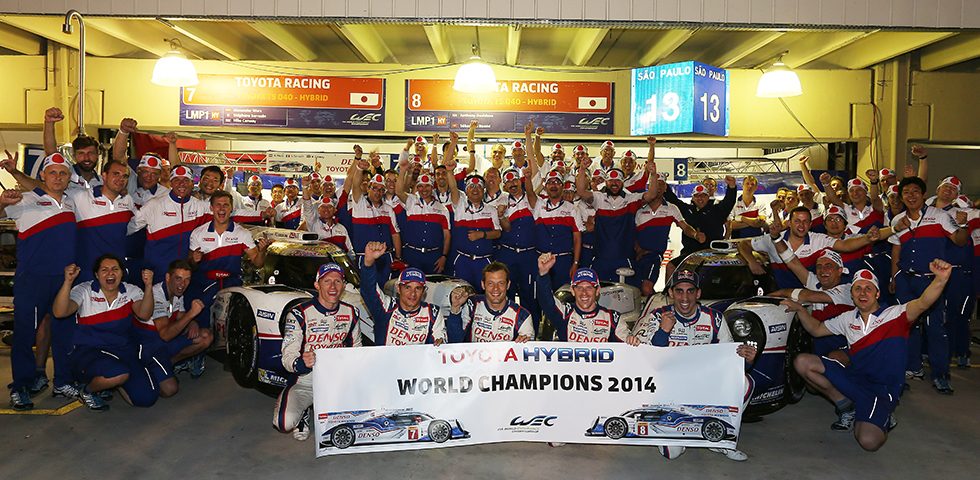
- Toyota integrated an Aisin AW MGU at the front for its successor — the TS040 HYBRID — due to a regulation change in 2014 which permitted two hybrid systems to be utilized on the LMP1 race car. This enabled Toyota to squeeze out a total of 353kW (over 480 horsepower) combined with the DENSO MGU at the rear. The incredibly powerful hybrid racer had the potential to produce over 1,000 horsepower, including the 520 horsepower output by the engine, leading to a successful 2014 season as the first Japanese manufacturer to win the FIA World Endurance Championship.
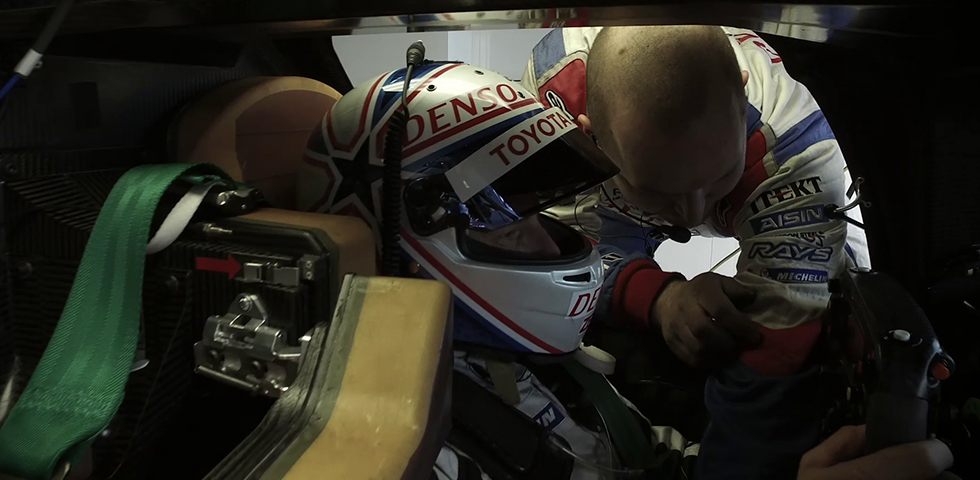
- For the 2016 season, the new TS050 will continue to push hybrid innovations to the limit and with these leading technologies, such as brake energy recovery and ion lithium battery systems, benefitting mass production street vehicles.

